
I liked it and found it interesting that the story takes time to build out characters and cultures. For example, Duke Leto is a kind and benevolent leader. Also, we dive deeper into the mythology/spirituality of the Bene Gesserit. The mini-series is also able to provide further attention to inter-planetary politics. We understand the lengths each house will take to control The Spice, while at the same time, we watch the formation of a revolutionary in Paul/Muad’Dib.
Arrakis is left in an uninhabitable state as the desert offers an almost endless supply of The Spice, while the Fremen struggle to maintain control of their planet and restore it to its once-idyllic Garden of Eden. Again, not having read the books, this is the heart of Dune. What the universe sees as an exploitable resource, the Fremen look at as a nuisance and impediment to their freedom and self-determination. There’s a rainforest analogy here.
My frustration with the series is that, like the Lynch version, I still felt like I needed to have read the book before coming in. Characters are introduced fast and furiously. I don’t know these characters, and I felt like I needed to know them beforehand to understand their role in the story or simply try to link names and faces.
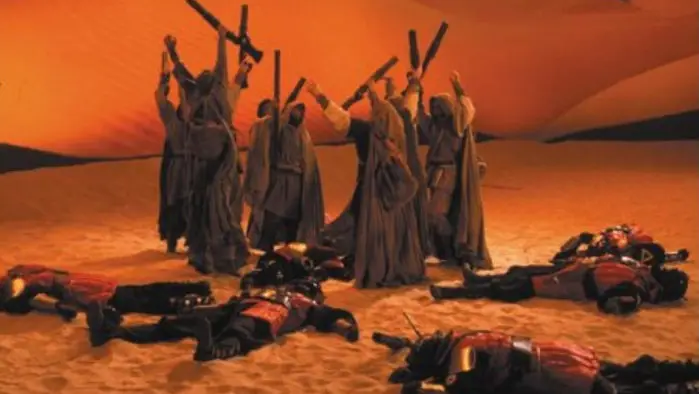
“The series overall feels like I’m reading a book.”
When starting any movie or series cold, there’s a level of disorientation that audiences have. Anyone who has read the book will instantly recognize names and their role in Dune. We struggle to make sense of the lengthy prologue and understand the difference between Duncan Idaho (James Watson) and Gurney Halleck (P.H. Moriarty). The discussion of why Atreides is the new stewards of Arrakis sort goes over my head, and what the hell is the Bene Gesserit? Other than some space religion, I mean.
Watching the mini-series was not easy to follow and frustrating at times. Considering that it plays out like a BBC drama replete with cool CG planet effects and Star Trek-like spaceship battles, the story is primarily fueled by dialogue and exposition. Dialogue comes across as people thinking aloud and reciting passages from the novel (I guess) rather than speaking like ordinary people. The series overall feels like I’m reading a book. It’s simple — show, don’t tell.
Dune, the series is fine and captures the broad outline of the original text. It’s pretty good about building an elaborate universe, but based on the mini-series, I still don’t understand why people are so enamored by the book.
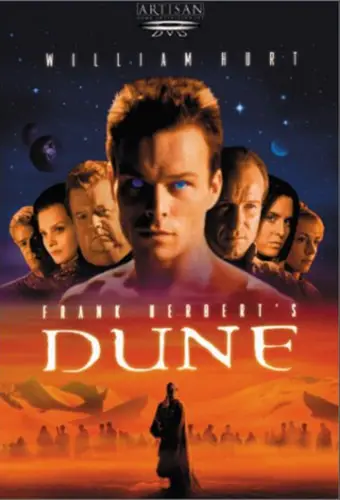
"…prophecies in cinema are slang for spoilers."
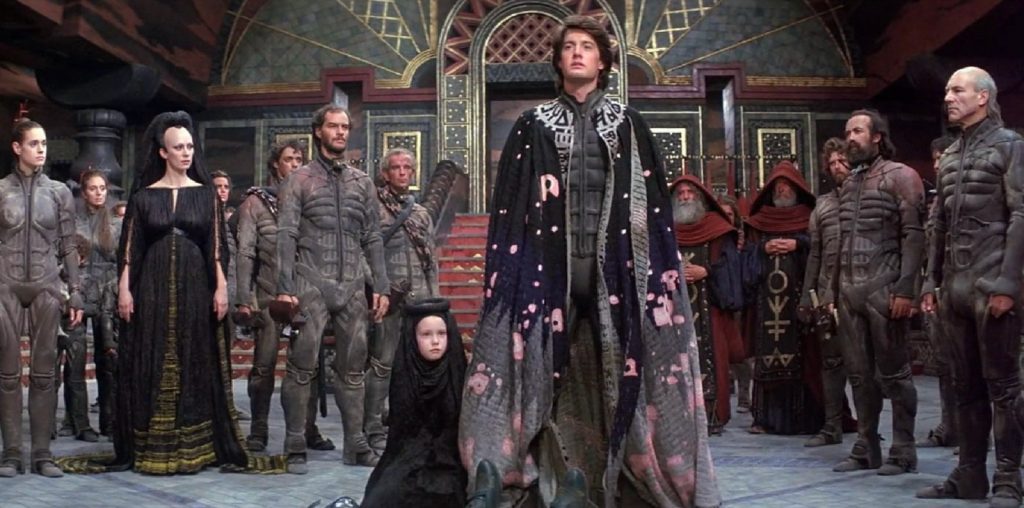
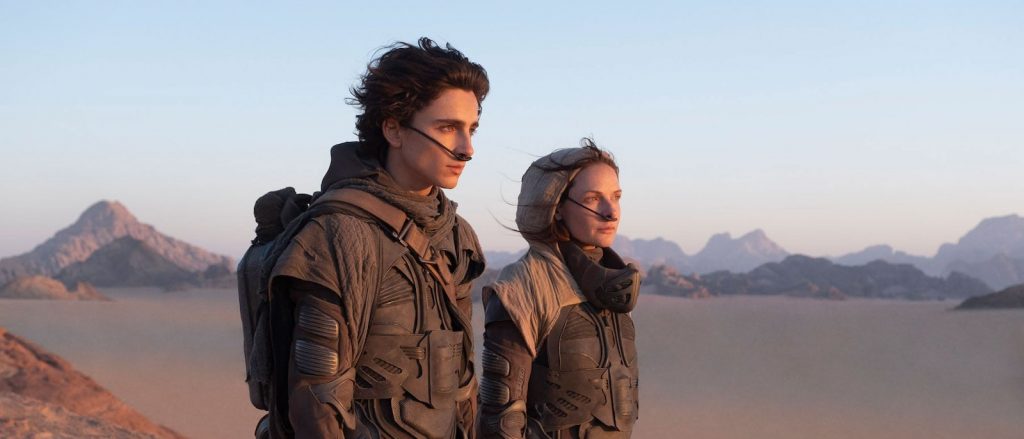
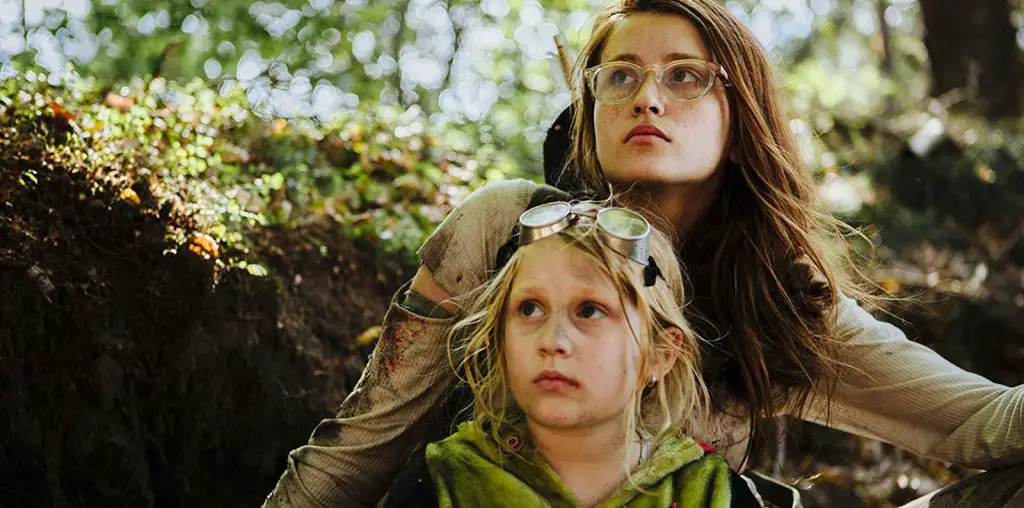
How can you say, “I still don’t understand why people are so enamored by the book,” while admitting you have NOT read the book yourself? How can you make such a judgment? READ THE BOOK, and then judge how good the various adaptations are. Over fifty years after Frank Herbert’s novel was published, it’s still widely considered one of the greatest science fiction novels ever written.
The better way to say it is. Based on the mini-series, I don’t understand why people are so enamored by the book.